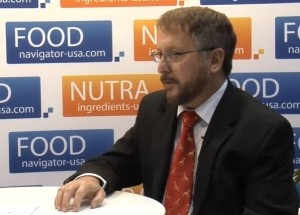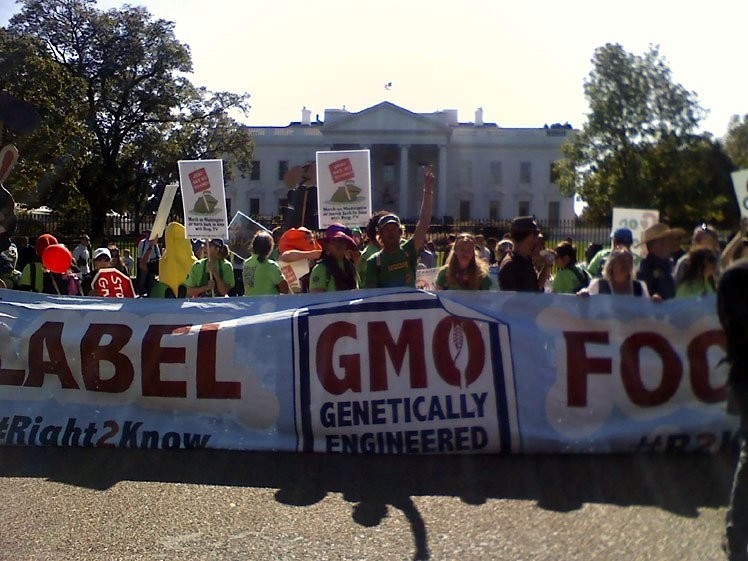5 - GMO labeling: Right to know or bizarre new precedent?
So this brings us neatly to GMO labeling, with all eyes currently on Washington State, where residents will soon get to vote on I-522, a bill proposing that foods containing ingredients from GM crops should be labeled accordingly.
But does there have to be a food safety risk or nutritional issue for labeling to be warranted? Or do consumers have a right to know about GMOs regardless of whether they represent any risk? What is the purpose of labeling?
What precedent might GMO labeling set?
A key question from a legislative perspective is what precedent might be set if laws are passed to label foods made using certain technologies, even if the end product does not differ in any meaningful way - or present any greater safety concerns - from foods developed by traditional plant breeding methods?
(And this is before you get to the practical challenges of how such legislation might be implemented and enforced, given that GM material is frequently no longer present in the final product and many products that are derived from GMO crops - such as some caramel colors - are technically 'GM-free'.)
But if we are to have GMO labeling - at a state or federal level - how will this information be presented such that it does not look like a health warning?
How will this play out?

And will the major players ‘just label it’ and be done with it, or will mandatory GMO labeling encourage a wholesale (albeit very gradual) shift away from agricultural biotechnology in the US as major firms seek to source non-GMO ingredients?
No one really knows, although it will not be practically possible to go non-GMO overnight given that the vast majority of corn and soy grown in the US is genetically engineered.
However, some firms believe the momentum is behind the non-GMO movement, and have spent years gearing up their supply chains to ensure they are ahead of the curve if and when GMO labeling comes in.
One such is Hain Celestial, whose CEO Irwin Simon told analysts on a recent earnings call that "Very few other companies are positioned like ours in regards to GMO-free products. We are much further down the road than any other company out there."
He added: “The conventional food companies are going to fight this [GMO labeling] because they don't want to become GMO, they don't want the additional cost from a sourcing standpoint.
“But I think this is ultimately going to become a part of the food chain… As demand grows, you're going to see a lot more farmers moving towards non-GMO. This will be, I think, the biggest change, the biggest evolution within the food industry. And the good news is, we're there today.”
Click here to read all of our coverage on GMO labeling.

















